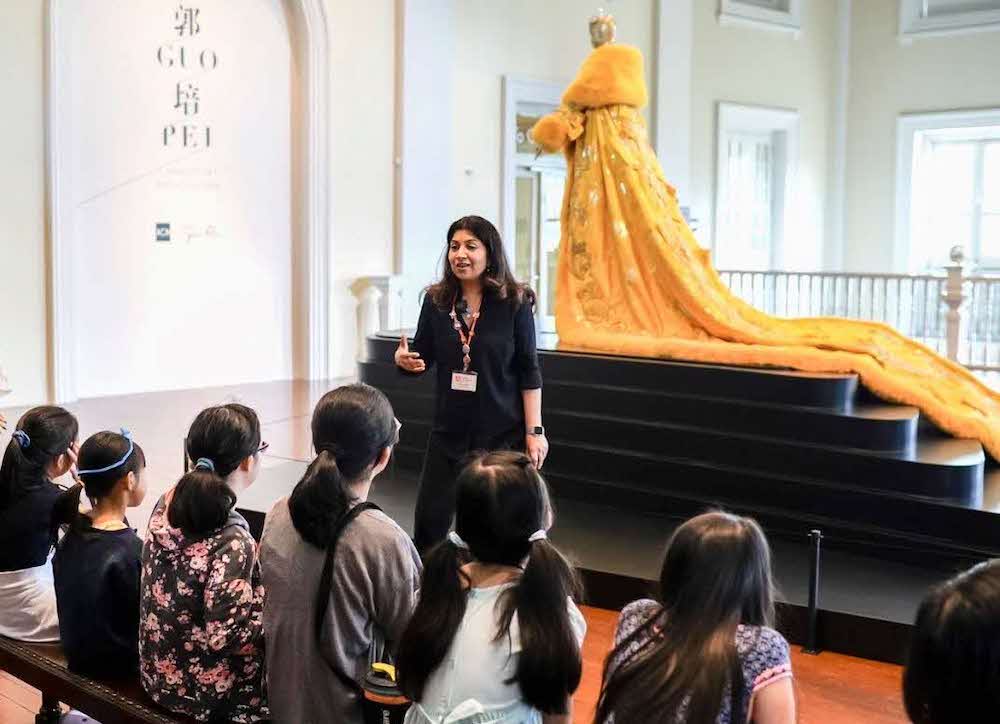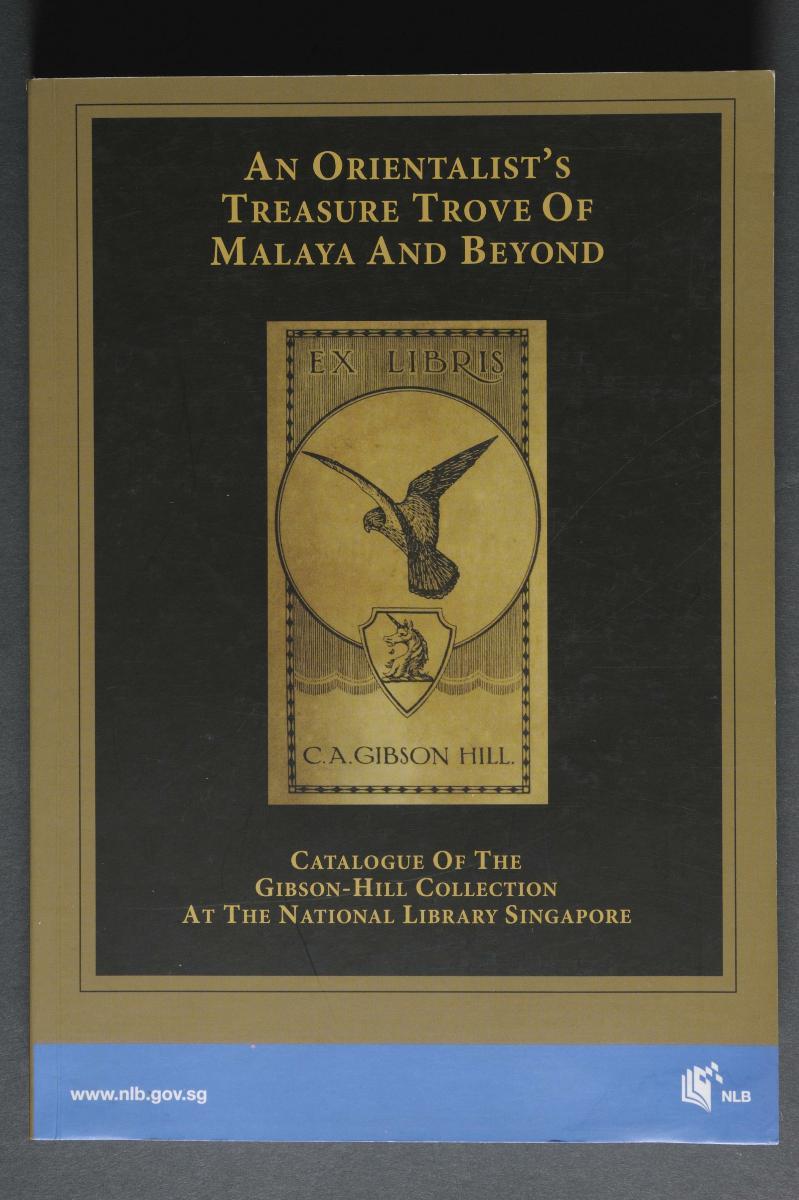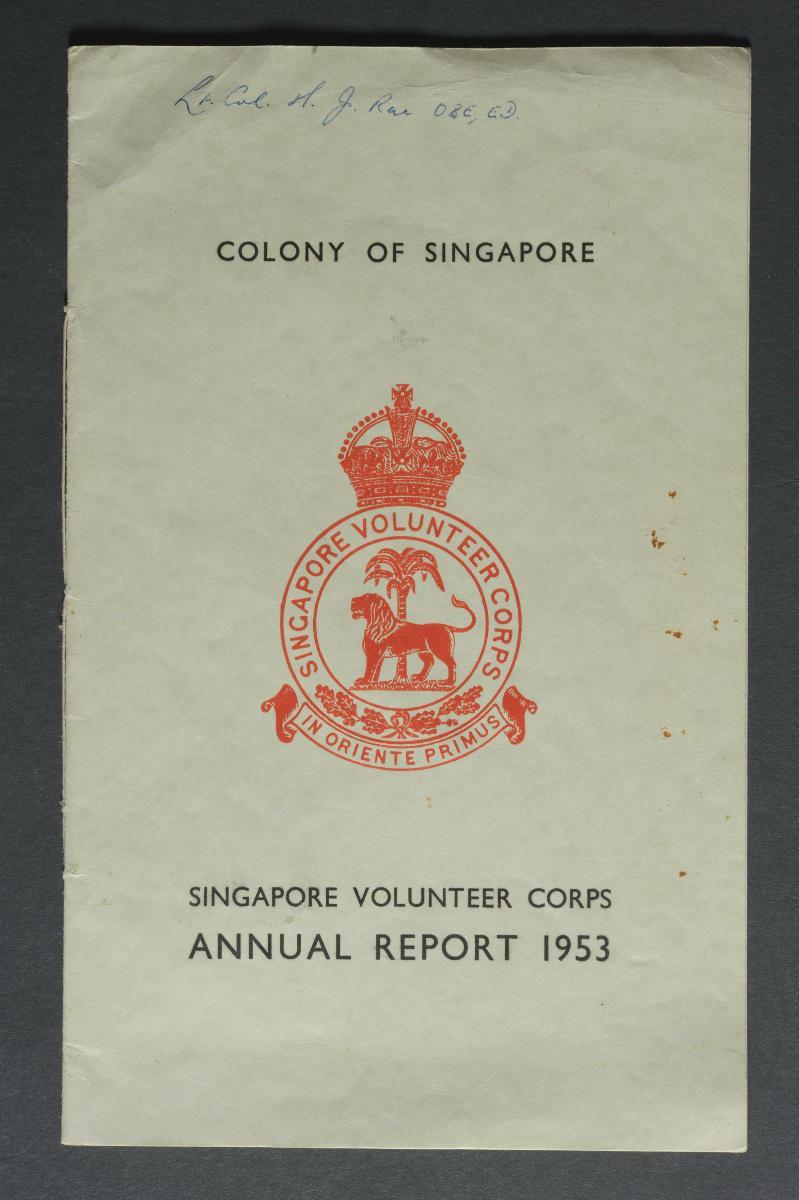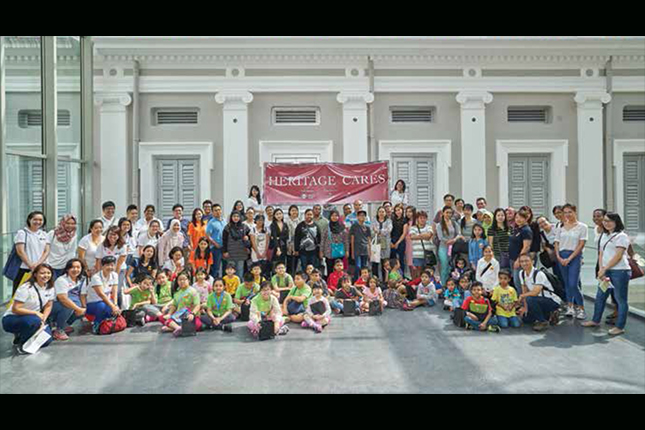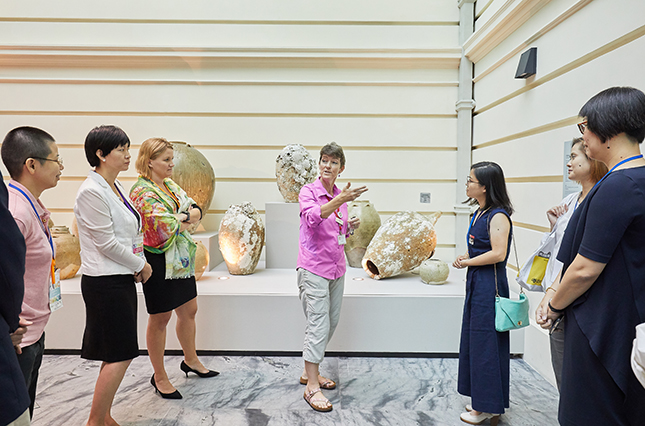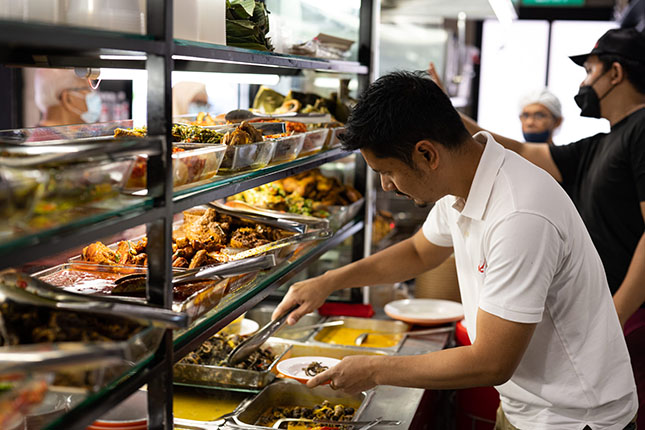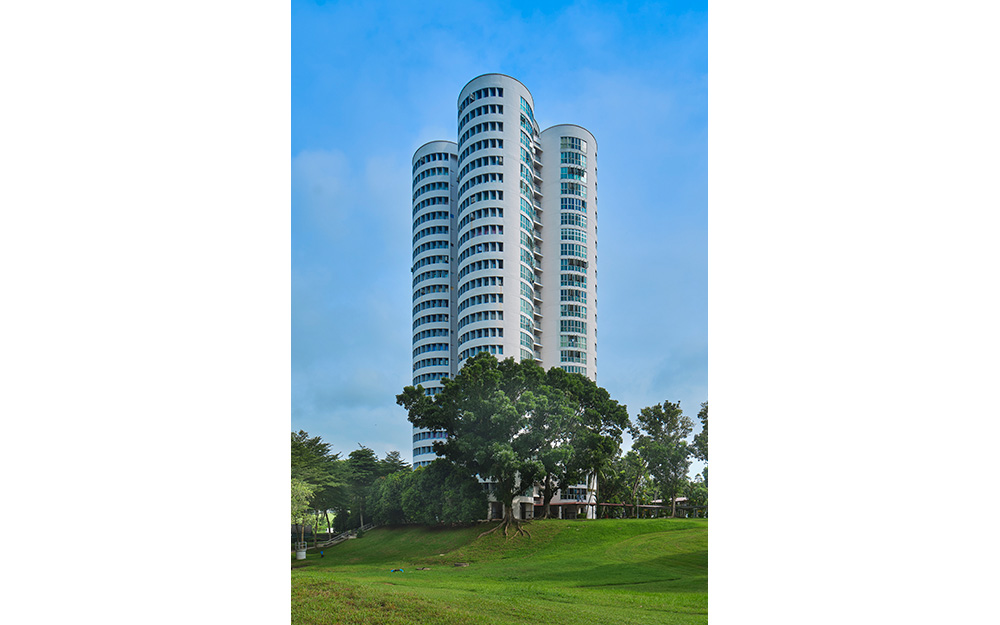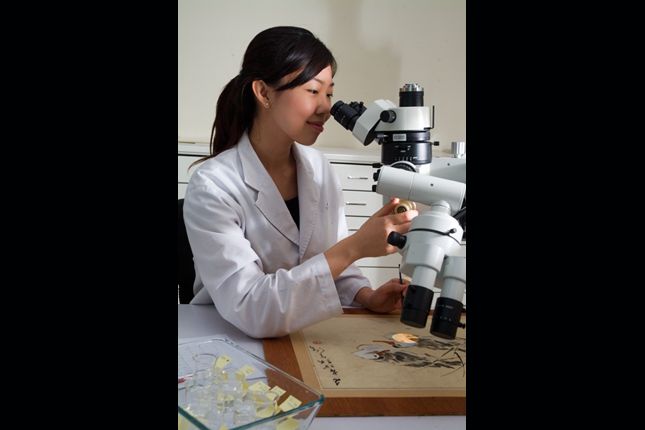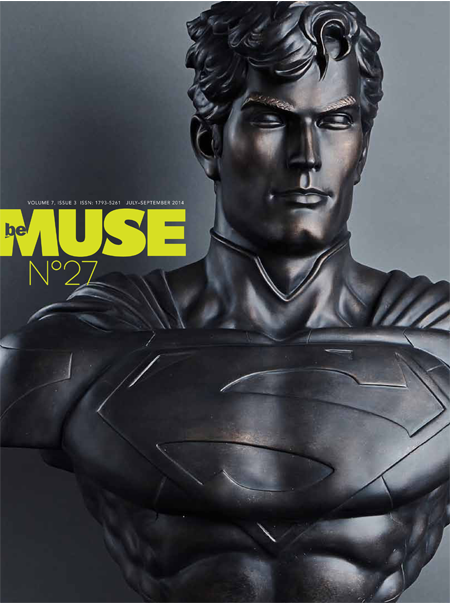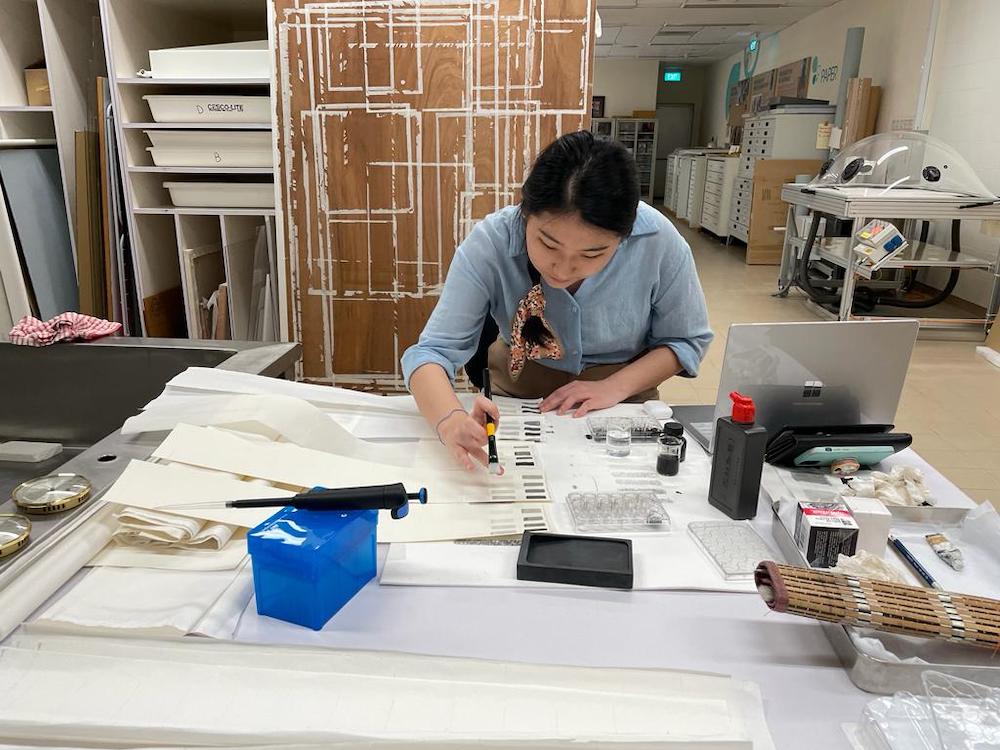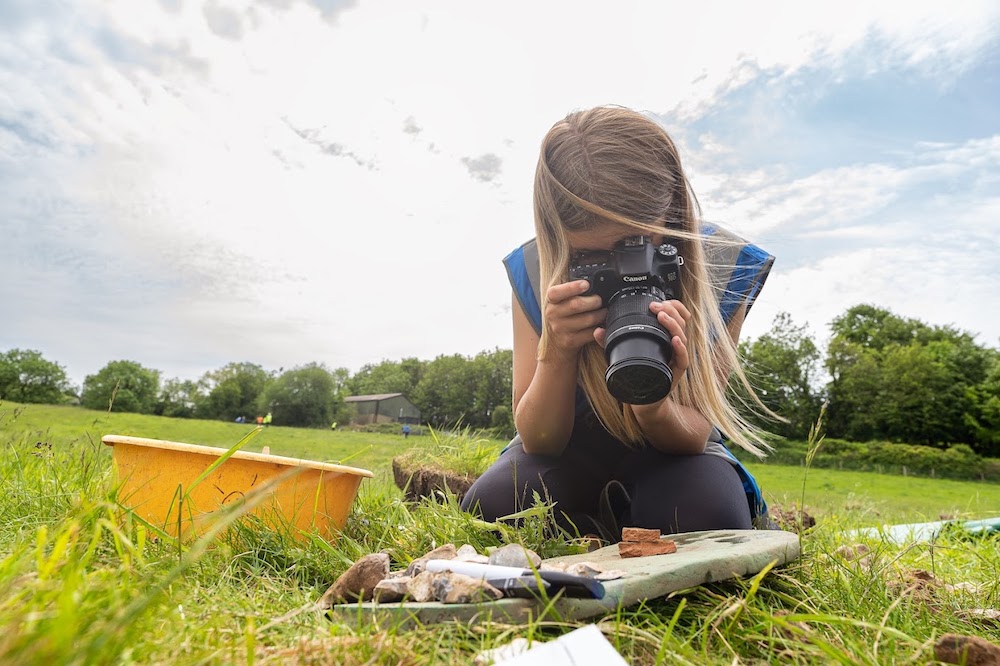TL;DR
Why do heritage volunteers keep showing up, year after year? It is not just about giving back—it is about growing, connecting, and being part of something bigger. A groundbreaking 2023 survey by the National Heritage Board (NHB) has unveiled what many long-term volunteers have known intuitively: heritage volunteering offers a unique blend of personal growth, social connection, and profound satisfaction. The survey, which gathered responses from 245 volunteers across 6 institutions, provides compelling evidence of these benefits.A Deeper Understanding of Volunteer Motivation
Volunteering is a deeply personal journey, shaped by individual values, interests, and aspirations. A 2023 survey reveals that volunteers at museums and heritage sites are driven by diverse motivations that extend beyond the intrinsic rewards of doing good – they seek opportunities for personal growth, passion-driven engagement, and a strong sense of purpose.
What keeps volunteers returning to their roles? A striking 80% of survey respondents highlighted the opportunity to acquire new knowledge and skills. For many, it is not merely about giving back to the community—it is about investing in their own development. Personal interest plays a key role, with 74% citing their enjoyment of the activities and exhibits as a key motivator. These activities range from conducting guided tours and engaging with historical exhibits to conducting research and facilitating visitor experiences. Additionally, 58% of volunteers expressed their commitment to preserving culture and history, underscoring the deeper purpose of their involvement.
Garima Gemawat Lalwani, former President of the Friends of the Museum docent volunteer organisation (2018-2021) and still an active member of the group, recently received a 15-year long service award for her volunteering efforts. She explained how volunteering expanded her own boundaries as a resident of a multi-cultural nation:
"Learning and guiding made me realize how little I actually know about the world around me. For example, I did not know much about China. It is through ACM training that I learnt about China’s rich history and contributions, be it to the production of silk, paper and gunpowder or the examination system giving the masses the ability to improve not only their status but also that of their families and villages. I learnt about India’s textile industry and how it changed the world just a couple of hundred years ago. I thought I knew about Indian religions, but I learnt the philosophy behind many of the religions and their spread.”
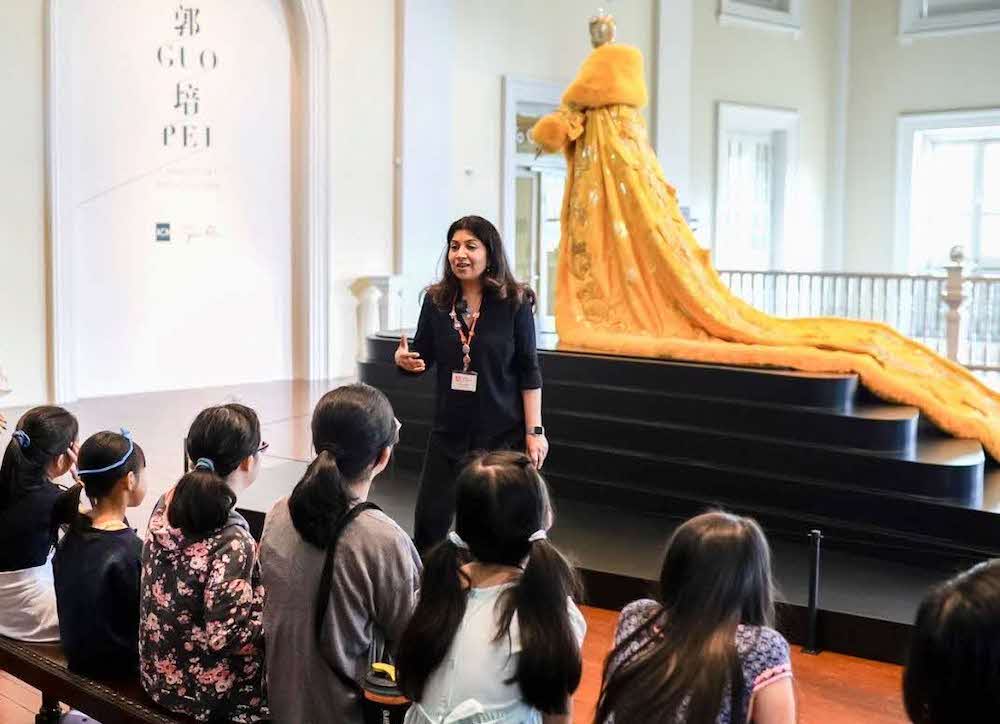
Garima Gemawat Lalwani conducting an Access tour for ACM at the Guo Pei exhibition (2019, Courtesy of Asian Civilisations Museum.)
The social dimension of volunteering proves equally compelling — 56% of respondents volunteer to meet like-minded individuals, while another 56% are motivated by their desire to give back to society. These findings underscore that volunteering nurtures both personal enrichment and community contribution.
Long Chin Peng, a long-serving Mandarin Guide at various museums and recipient of a Public Service Medal at the National Day Awards 2022, shared her most impactful community interactions:
"I enjoy meeting and hosting visitors from different nationalities, races and cultures. Particularly, in November 2018, I was the guide for Chinese Premier Li Keqiang when he visited the Malay Heritage Centre. It was a very memorable experience sharing with him our Malay heritage and culture. Regular volunteering keeps me engaged and allows me to give back to my favorite museums and heritage institutions. There is a strong sense of camaraderie amongst our Mandarin guides and docents, and the warm welcome from the museums and heritage institutions makes me feel like I'm part of the NHB team.”
Volunteering: A Path to Personal Fulfillment
The impact of volunteering extends far beyond institutional benefits. Regular engagement with NHB’s museums and heritage sites has profoundly affected volunteers' personal fulfillment and overall well-being. Survey results highlight the transformative impact of volunteering, with participants reporting greater happiness, increased confidence, and a deeper connection to their communities. Key findings include:
-
97% of respondents said volunteering allowed them to meet and engage with people from diverse backgrounds and cultures.
-
96% reported gaining new knowledge and skills through their volunteer work.
-
95% said that volunteering makes them feel happy, citing a genuine sense of joy from the experience.
-
91% shared that volunteering provides them with a sense of purpose and strengthens their community ties.
These results illustrate the powerful impact that volunteering can have on mental and emotional well-being. Far from simply occupying time, volunteering enriches lives and fosters stronger community connections.
Both Lalwani and Long emphasise the strong camaraderie that develops through volunteering. “It is a relationship built on mutual respect and camaraderie. All of us are interested in learning and giving back. We support each other on this journey often forming lifelong bonds that go beyond nationality and geographic boundaries,” noted Lalwani. Long added, “There is a strong sense of camaraderie amongst our Mandarin guides and docents. We share our notes with each other, we cover each other duties if one can’t conduct tour in the last minute. We really are like one family and even conduct our own overseas trips for enrichment and bonding sessions, the latest one being a seven-day Sun Yat Sun historical trail trip to Guangzhou, China, in November 2024.”
For seasoned veterans like Lalwani and Long, the sense of enrichment extends to mentoring the next generation of volunteers. Long described the tangible benefits of training others:
“I am a Facilitator of the Student Museum Guiding Workshop, who helps to train school students to be Mandarin guides themselves. The twelve-hour workshops with students are very challenging because they must know the content and artefacts within two lessons of only six hours each, and they must write a short script of about five minutes for their tour. Teaching them to create tours of the Peranakan Museum, Asian Civilisations Museum and Sun Yat Sen Nanyang Memorial Hall can be very hard and you can’t imagine how much they progress in such a short time. Their improvements can be very impressive, which always makes me truly proud of their achievements.”
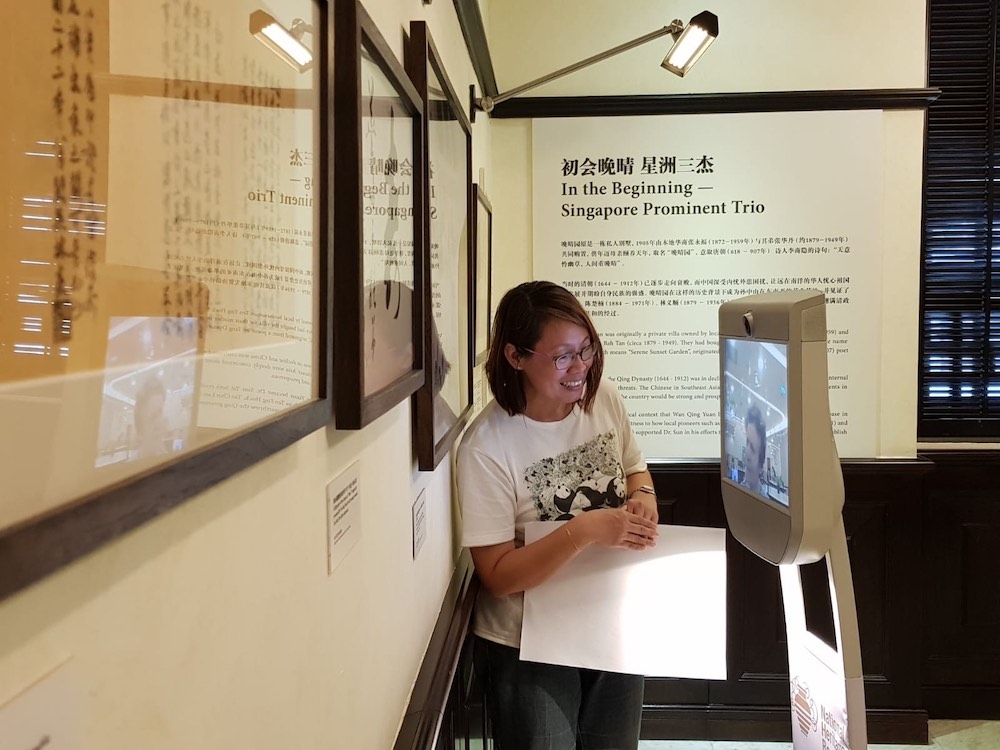
Long Chin Peng guiding seniors on a virtual tour through the use of robotics during the COVID-19 pandemic (2019, Courtesy of Sun Yat Sen Nanyang Memorial Hall.)
The Broader Impact: Why Volunteering Matters
Heritage volunteer programmes exemplify active citizenry in action, where individuals take the initiative to contribute meaningfully to society. Through these programmes, members of the public become stewards of Singapore's heritage, strengthening community bonds and fostering shared identity.
These survey findings offer valuable insights for shaping future developments in heritage volunteer programmes. Understanding volunteer motivations and well-being benefits contribute to more effective volunteer engagement strategies.
The ultimate goal is to inspire even more individuals to get involved, fostering a vibrant and thriving volunteer community that continues to grow, learn, and contribute. Volunteering is not just about giving back—it is about mutual growth and collective progress.
Long advises potential volunteers, “If you have the time and passion, do come and visit our museums and check out your interest so that you can pick out the one which interested you the most and get the most out of it. I always recommend that to be a sustainable guide, you need to be aware of how much interest plays an important role to keep the volunteering work a long-lasting and fulfilling journey.”
This sentiment is echoed by Lalwani: “Become a museum docent for yourself! It is the best gift you can give yourself. Being a museum volunteer is good not only for your body but also for your mind and soul. You walk for an hour, talk for an hour, and get uplifted by the appreciation shown by complete strangers at the end.”
If you have ever considered heritage volunteering, now may be the perfect time to begin. Whether your goal is to acquire new skills, build connections, or make a meaningful impact, volunteering at a museum or heritage site could become one of your most rewarding experiences.
To find out more about our volunteering opportunities, drop us an email at volunteer@nhb.gov.sg.




